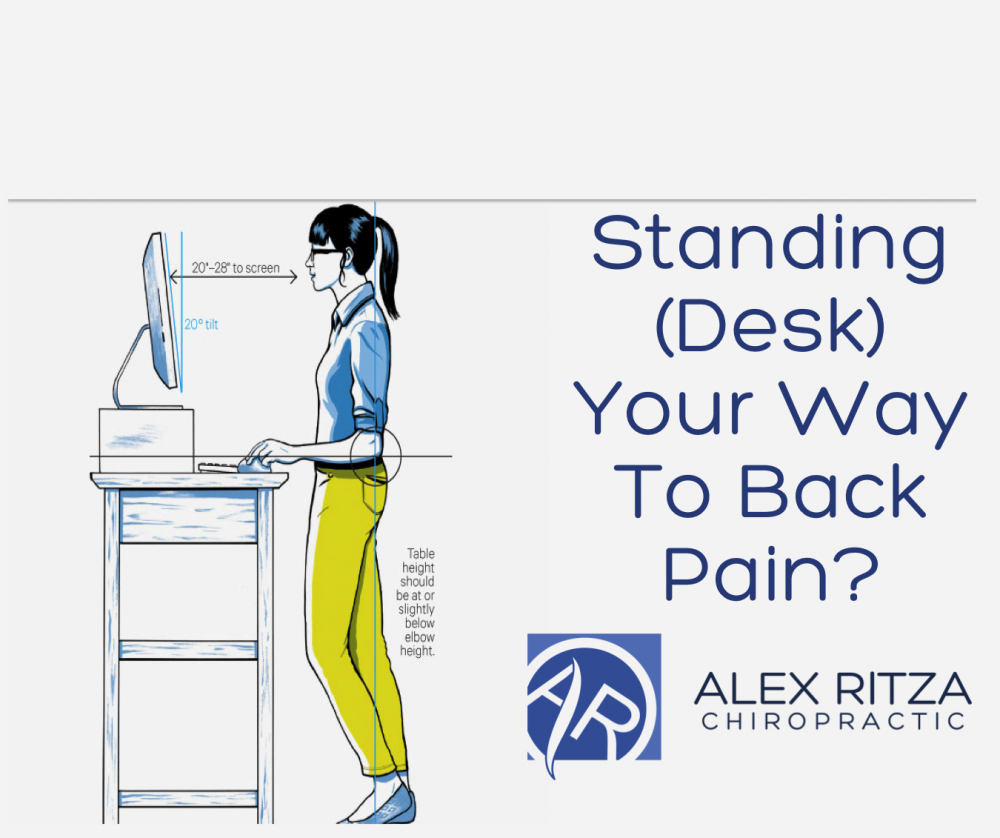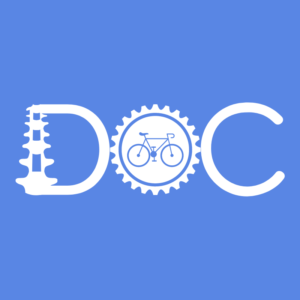Audience: Everyone! Especially if you have a desk job Time to Read:4-7 minutes
Everyone wants a standing desk!
I see a huge push in the downtown corporate culture for more employees demanding, and more employers offering standing desks. Patients ask me for notes to recommend them, and HR managers ask me if they are of any benefit.
Is Sitting All That Bad For You?
I believe that part of this is born from the notion that “sitting is the new smoking” and that our society is becoming more aware of the health perils of being sedentary at work. Based on what I see as a clinician, and the growing body of scientific literature, I have no doubt that the health detriments of a sedentary job and lifestyle, is going to be a paramount health concern over the next century.
Looking at a cross-section of different age cohorts of patients, I see a plethora of worsening signs and symptoms of this daily seated immobility with increasing age; sore and dysfunctional spines, poor posture, headaches, core and back weakness, and hips that are getting tighter by the day.
Sitting all day is just no good. And sitting all day without much activity or interruption is even worse.
However, I am not convinced that a standing desk is a panacea for office-related spine pain, headaches and generally poor health.
If a patient asks me for a note to recommend them a standing desk, and I determine it will help them with their particular issues, then I am happy to provide one because I think it will help alleviate a lot of issues and should help to
- promote a more upright and better posture
- reduce anterior head carriage and forward shoulder roll
- reduce hip flexor tightness
- reduce gluteal dysfunction and weakness
- reduce overall neck and back pain
Nonetheless, an important part of the conversation is that standing all day might not be that much better than sitting all day, as it can lead to a different set of problems. This is because the health problems that result from office work are not so much the result of the sitting itself, but rather the lack of movement.
Repetitive strain injuries (RSI), which office-related neck pain, back pain, and headaches are included with, do not happen just because we sit. These issues occur because we sit for too long and certain tissues (muscles, joints, nerves, ligaments) are overloaded, fatigued and become irritated. No different from a repetitive strain injury (ie: stress fracture) associated with excessive running, too much force is applied over the same tissues while we sit for too long and it starts to a) change how our bodies adapt and b) hurt.
Standing all day will put different loads on different tissues than sitting. Standing desks to not eliminate the chance of RSIs and pain associated with the office, but simply put different areas of the body at risk. When patients do not take breaks, move about or change positions at their standing desks, we see a lot of the same issues that we would see with continuous sitting; especially lots of low back pain, pelvic pain and foot pain.
Studies have mirrored this observation and have shown that the health detriments associated with office work are more from the immobility and lack of energy expenditure than the posture we assume while in a chair. This is why it has been reported that the long-term health risks (not so much spine related) associated with sitting are no worse than those associated with using a standing desk.
I think that standing desks provide the opportunity for better posture, less pain and better health, but only if they are used properly. While they are a nice luxury if you can acquire, and might be the standard in a decade’s time, sitting with proper posture, having an ergonomic setup tailored to you, and moving as much as your can throughout your day will leave you just as well off.
Longitudinally, I have seen individual patients avoid sitting related health issues when they take good care of themselves in and out of the office. Working hard to improve your health between regular chiropractic care, including postural awareness at work, regular activity and movement, balanced diet, time for friends and fun, and a priority on sleeping well, leaves the body healthier day by day.
Sit, Stand, Move!
Dr. Alex
Please feel free to comment on your experience with a standing desk or leave a question for the doctor




